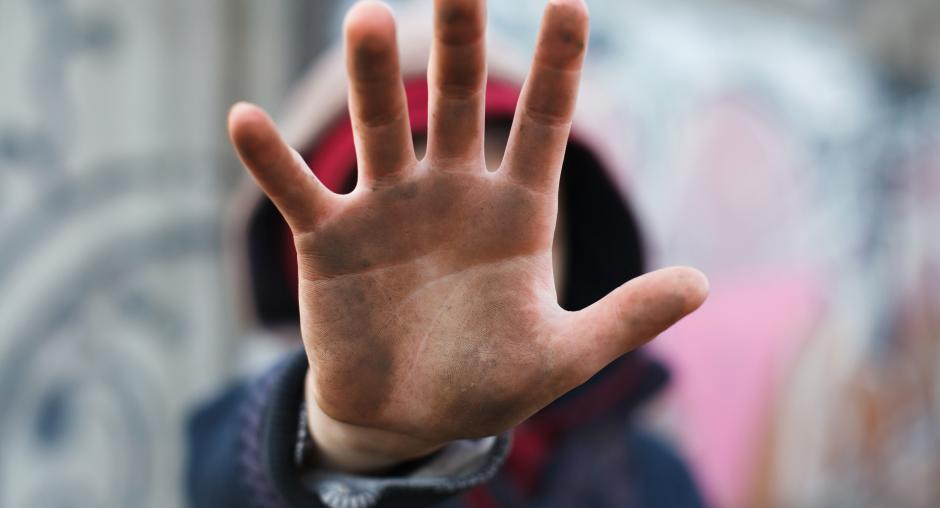Rights-based, comprehensive protection measures crucial to combating child trafficking across OSCE region, say Warsaw event participants

The importance of rights-based and comprehensive approaches to assisting victims of child trafficking was highlighted during an event organized by the OSCE Office for Democratic Institutions and Human Rights (ODIHR) in Warsaw on 12 October 2017, on the margins of the Human Dimension Seminar on the rights of the child, particularly in situations of risk.
The event was attended by representatives of OSCE participating States, international organizations and civil society.
“One quarter of the 40.3 million victims of human trafficking globally are minors, below the age of 18. The children, who are caught in the vicious circle of human trafficking, suffer abuse, violence, anguish and devastating consequences,” said Tatiana Kotlyarenko, ODIHR Adviser on Anti-Trafficking Issues. “The children most vulnerable to trafficking are the homeless or undocumented children, refugees and migrants, including those separated from and unaccompanied by their parents, as well as those children who are subject to abuse and neglect, or deprived of parental care and abandoned. These children require special protection measures that are truly reflective of their specific needs to end the cycle of abuse and vulnerability to re-trafficking.”
“The recent explosion of trafficking of Nigerian girls for the purposes of sexual exploitation to Europe is alarming,” said Esohe Aghatise, Executive Director of IROKO, an Italian-based NGO engaged in combating violence against women and children, particularly those who have been trafficked from Western African countries to Italy. “While we applaud the OSCE participating States, especially Italy, for the resources they have put into the rescue and protection of trafficked Nigerian girls, more needs to be done on the prevention level.”
Representatives of other NGOs from across the OSCE region also shared lessons learned, good practices and challenges in developing and implementing specialized protection measures for trafficked children. Particular attention was given to good practices meant to decrease the vulnerability of children within mixed-migration flows to trafficking. It was highlighted that providing education and social opportunities in the countries of origin can protect children from falling prey to traffickers and procurers.
The event was part of ODIHR’s assistance to OSCE participating States in promoting a comprehensive human rights-based and victim-centred approach to combating all forms of trafficking in children.
